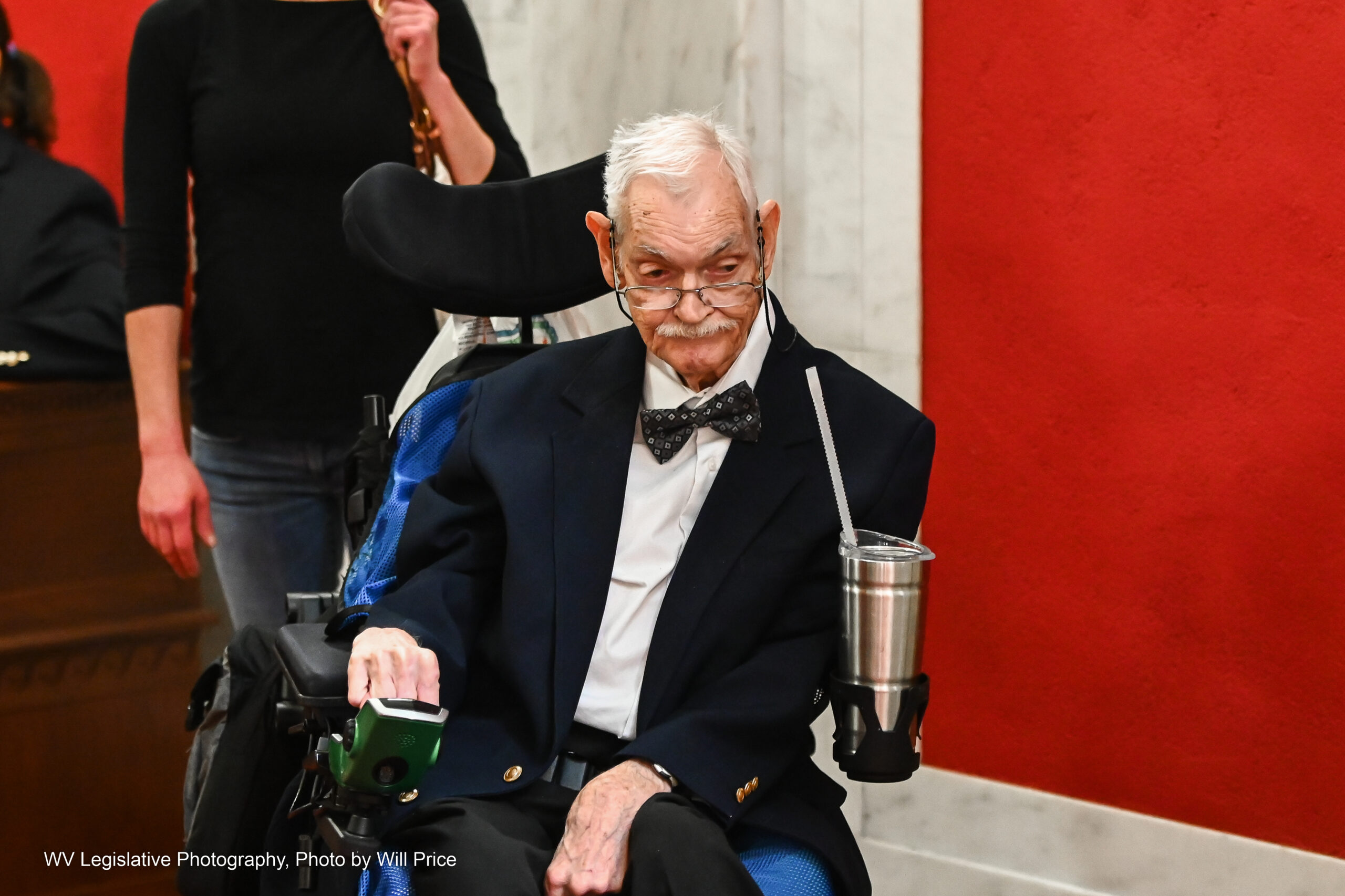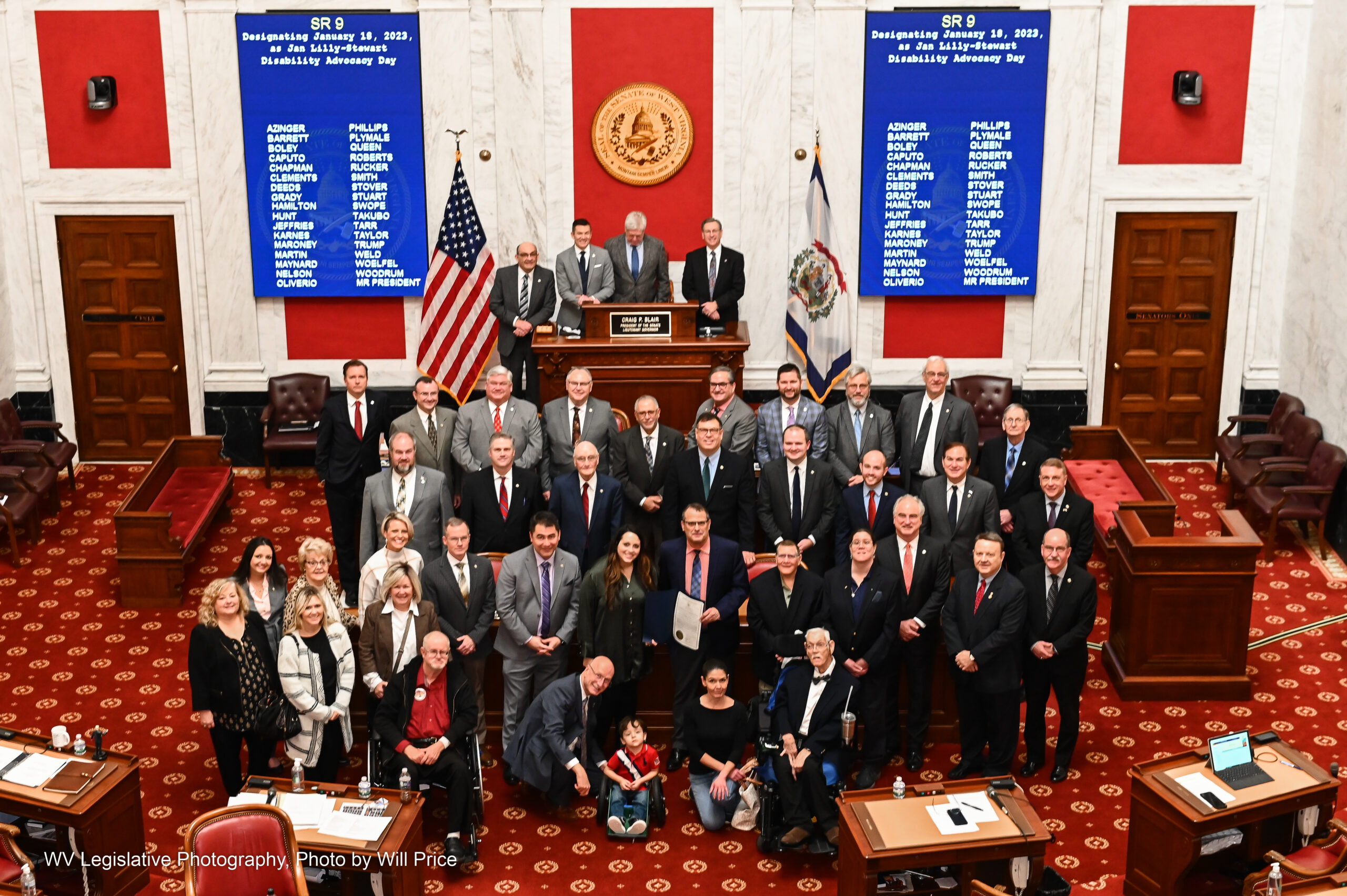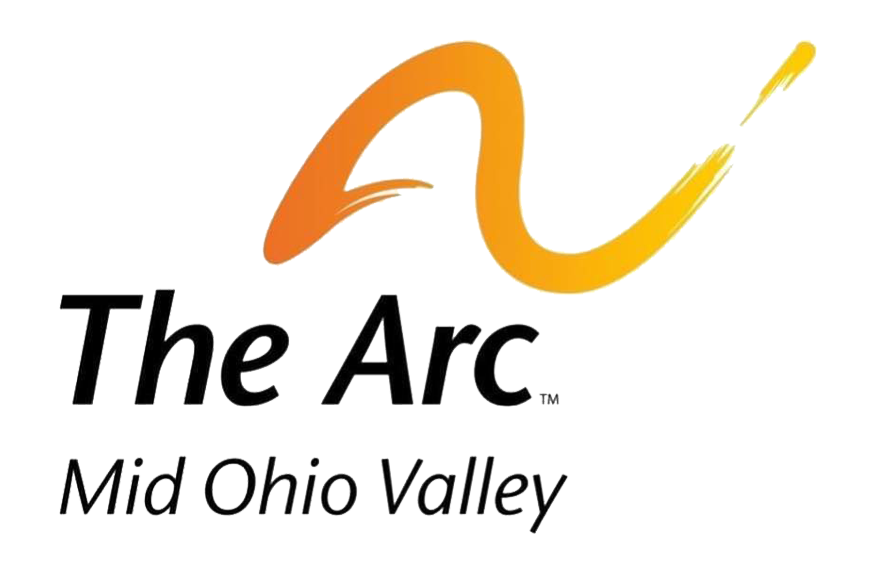
There are several ways that individuals with developmental disabilities describe and define self advocacy including:
• Speaking up for themselves;
• Making their voices heard;
• Making their views known;
• Making choices and changes in their own lives;
• Coming together to support each other and have a say in the policies and practices that affect their lives.
Activities of self advocacy groups include:
• Making people aware of their rights;
• Training and talking to other people about self advocacy;
• Making information more accessible by using audiotapes or pictures;
• Making concrete changes to improve their lives (i.e. improve voter accessibility);
• Working to increase choices and quality of supports;
• Planning and organizing self advocacy conferences;
• Assisting people to speak up about abuse and exploitation;
• Organizing to fight against discrimination.
In summary, self advocacy means:
• Thinking for yourself;
• Saying what you think;
• Having relationships like anyone else;
• People listening to you;
• Making mistakes;
• Taking risks;
• Taking responsibility;
• Making decisions;
• Standing up for your rights.
Resources:
E-Newsletters – http://www.hsri.org/leaders/theriot/
Self Advocates Becoming Empowered – http://www.sabeusa.org/
ADAPT – http://www.adapt.org/
Advocating Change Together (ACT) – http://www.selfadvocacy.com/
My Life, My Choice – http://www.farnorthernrc.org/mylifemychoice/
Self-Advocate’s Bill of Rights
» You have the right to be treated fairly and with respect
» You have the right not to be put down by words or actions
» You have the right to calm yourself down when you are upset before other means are used
» You have the right to get help
» You have the right to choose an advocate
» You have the right to get an education
» You have the right to have your IEP or transition plan written and reviewed at a meeting with you
» You have the right to choose your job and to receive fair pay
» You have the right to decide how to spend or save your money
» You have the right to get needed services
» You have the right to choose your own doctors and to see the doctors when you want
» You have the right to have, receive, or refuse regular therapy services
» You have the right to choose where you want to live
» Whether you live by yourself, with a roommate, or in a group home, you have the right to privacy and to expect people to knock before entering
» You have the right to have your own belongings
» You have the right to have a place to be alone
» You have the right to choose your friends
» You have the right to call and visit family and friends
» You have the right to decide what you want to eat
»You have the right to date
» You have the right to get married
» You have the right to have children
» You have the right to plan and enjoy fun activities
» You have the right to join community groups
» You have the right to expect public places to be accessible
» You have the right to vote (Source: http://www.uaa.alaska.edu/centerforhumandevelopment/selfdetermination/index.cfm)
Self-Determination
Self-determination or taking control of one’s life has been defined in a variety of ways. Field, Martin, Miller, Ward, and Wehmeyer (1998) offer this definition:
Self-determination is a combination of skills, knowledge and beliefs that enable a person to engage in goal directed, self-regulated, autonomous behavior.
An understanding of one’s strengths and limitations together with a belief in oneself as capable and effective are essential to self-determination. When acting on the basis of these skills and attitudes, individuals have greater ability to take control of their lives and assume the role of successful adults in our society.

Rules, Right and Responsibilities
You have a right to make choices as long as you honor the rules and accept your responsibilities.
Rights, Rules and Responsibility go hand in and build a circle of growth for each and every person.
Rights & Responsibilities Practice Guide
Students often look forward to their high school years as a time when they have more rights and privileges. However, sometimes they forget that those rights are earned and have responsibilities tied to each one of them. This guide is a tool to help students better understand the relationship between rights and responsibilities and provide opportunities to practice self-advocacy within the context of each right.
Click Here to Access the Student’s Practice Guide On-Line
Knowledge is Power!
It has often been said that “knowledge is power”. This equation has even greater meaning for individuals with disabilities who are striving towards self-determination and empowerment.
Passage of the American with Disabilities Act, as well as recent amendments to the Individuals with Disabilities Education Act and the rehabilitation Act of 1973, all symbolize our country’s commitment to empowerment and equality.
To ensure the individuals with disabilities are afforded due process and protection under the law, it is critical that we understand the major provisions of these acts.
People First empowers people with disabilities by providing them with information on basic human rights, as well as other rights under the law. It contains information and materials on various disabilities rights legislation (e.g. A.D.A., IDEA, and Rehab. Act of 1973) and includes specific information on rights in the mental health system and guardianship for person with cognitive impairments. This section contains information on voting and telephone rights, and addresses the fact that hand in hand with rights go responsibilities.
(Source: http://www.uaa.alaska.edu/centerforhumandevelopment/selfdetermination/index.cfm)
Speaking Up For Ourselves
People First’s mission is to promote self-advocacy by speaking and acting on behalf of the rights and responsibilities of all people with developmental disabilities. One way of accomplishing this mission is to teach and train individuals how to speak up for themselves.
Understanding and respecting the fact that individuals with developmental disabilities have rights and responsibilities is a first step in speaking up.
This year’s focus of People First of West Virginia is teaching individuals to tell their story to self-advocacy. Join us at a People First Group to learn how to speak up for yourself and for others.

Opportunities to Serve
People with disabilities are encouraged to give back to their communities by sitting on boards and committees and volunteering with organizations in their community. Below is a list of organizations that need volunteers. This is not a complete list of every possible organization and is provided solely for information. Please contact the organization in your area that you might be interested in.
BOYS & GIRLS CLUBS IN WEST VIRGINIA
CIVITAN LOCATIONS IN WEST VIRGINIA
ELKS LOCATIONS IN WEST VIRGINIA
FOOD BANKS IN WEST VIRGINIA
FRATERNAL ORDER OF EAGLES
HISTORICAL SOCIETIES IN WEST VIRGINIA
HUMANE SOCIETIES IN WEST VIRGINIA
JAYCEES LOCATIONS IN WEST VIRGINIA
KIWANIS CLUBS IN WEST VIRGINIA
LIONS CLUB LOCATIONS IN WEST VIRGINIA
Boards and Committees:
WVATS Advisory Council
Olmstead Council If you are interested, CLICK HERE for more information.
West Virginia Statewide Independent Living Council If you are interested, CLICK HERE for more information.
Disability Rights: CLICK HERE
Boards and Committees appointed by the WV Governor: CLICK HERE for the list.
